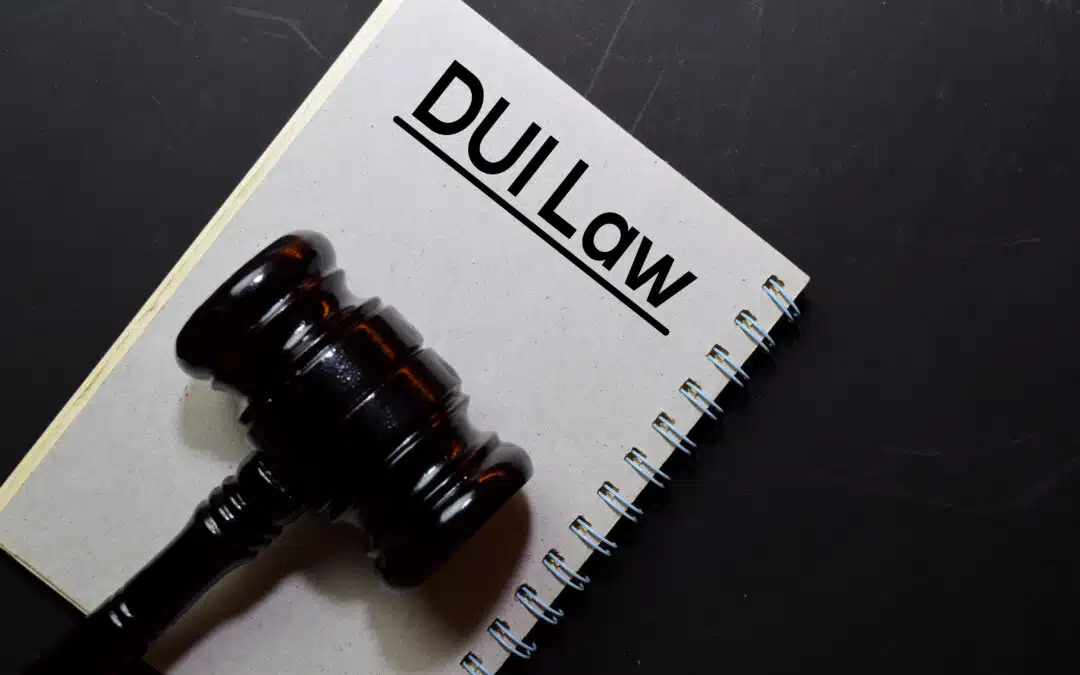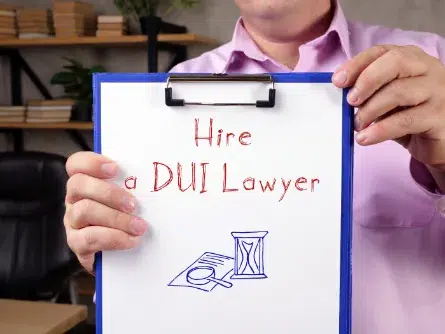
2025 Year in Review: What You Need to Know if You Are Facing a DUI in Rock Hill, SC
From Friday and Saturday nights to holiday parties and New Year’s Eve, the risk of getting a DUI is a concern year-round in South Carolina. If you are facing a DUI, it will be critical for you to make informed decisions about your next steps, and you will need to be very careful to avoid making mistakes that could jeopardize your future unnecessarily.
In 2025, we published several articles that provide important information for individuals who are facing drunk driving charges in South Carolina. Here is a look back at the topics we covered throughout the year:
What To Expect After Your DUI Arrest in Rock Hill, SC
When you get arrested for driving under the influence (DUI) in South Carolina, it is important to know what comes next. Your case will move forward quickly—whether you play a role in the process or not. From your arraignment to your trial (if your case goes to trial), you need to be prepared every step of the way. To learn what you can expect after your arrest, you can read: What Happens When You Get a DUI in SC?
Will You Lose Your Driver’s License Because of Your DUI?
Losing your driver’s license as a result of a DUI is a very real possibility in South Carolina. Not only can you lose your driver’s license if you get convicted of DUI at trial, but you can also lose your driver’s license before trial in many cases as well. To learn what you need to know about losing (and protecting) your driver’s license after a DUI arrest, you can read: Do You Lose Your Driver’s License for a DUI in South Carolina?
Will You Lose Your Job Because of Your DUI?
Losing your job as a result of a DUI is a very real possibility in South Carolina as well. Employers are well within their rights to consider employees’ DUI arrests and convictions when deciding whether to maintain their employment. Additionally, even if you don’t lose your current job, your DUI could make it much more difficult to find a different job in the future. Learn more: Will I Lose My Job Because of a DUI in South Carolina?
Is It Really Worth Fighting Your South Carolina DUI?
While losing your driver’s license and losing your job are very real risks after a DUI arrest in South Carolina, these are not the only consequences at stake. Under South Carolina law, DUI convictions can lead to fines, jail time, and other serious consequences. A DUI conviction will lead to a substantial increase in your auto insurance premiums and other financial consequences as well. With this in mind, if you are wondering whether it makes sense to fight your DUI, we strongly encourage you to read: Is It Worth Fighting a DUI in South Carolina?
What You Need to Know if You’re Admitted to Driving Drunk
If you admitted to driving drunk during your DUI stop, this does not mean your case is over. You still have defenses available, and you still can—and should—fight your DUI. If you need to know more, you can read: Admitted to Driving Drunk? You Still Can (and Should) Fight Your DUI in SC.
Constitutional Issues that Can Protect You Even if You Were Driving Drunk
One way you may be able to fight your DUI if you admitted to driving drunk (or if you didn’t) is by asserting your constitutional rights. If the police or prosecutors have violated your constitutional rights, then the prosecution’s evidence against you may be inadmissible in court. To learn about your legal rights during (and after) a DUI arrest, you can read: Constitutional Issues in South Carolina DUI Cases: Know Your Rights.
Can You Get a DUI on Private Property in South Carolina?
Many people are surprised to learn that you can get a DUI on private property. From private parking lots and parking garages to neighborhood streets and your own driveway, you can get a DUI just about anywhere in South Carolina. If you need to know more, you can read: Can You Get a DUI on Private Property in South Carolina?
What Types of Evidence Can You Expect Prosecutors to Use Against You?
When deciding how to approach your DUI case, you need to know what evidence prosecutors have against you. This is essential for making informed decisions about your defense. While prosecutors in South Carolina can use several forms of evidence in DUI cases, some forms of evidence are more common—and more powerful—than others. Learn more: 4 Key Types of Evidence in South Carolina DUI Cases (and How to Fight Against Them).
What You Need to Know If This Isn’t Your First DUI
While all DUIs carry steep penalties, you are facing even steeper penalties if this is not your first DUI. Repeat offenders face enhanced penalties under South Carolina law. If you are being charged as a repeat offender, it is important that you read: Defending Against a DUI as a Repeat Offender in South Carolina.
What to Expect When You Hire a DUI Lawyer to Represent You
Whether this is your first, second, third, or fourth DUI, you need an experienced lawyer on your side. There are several important ways an experienced DUI lawyer can help you, and hiring an experienced lawyer promptly is one of the most important steps you can take to protect your future. To learn what to expect (and what not to expect) from your DUI lawyer, you can read: What Can (and Should) You Expect from Your Rock Hill DUI Lawyer? and What Shouldn’t You Expect from Your Rock Hill DUI Lawyer?
Request a Free Consultation with a Rock Hill, SC DUI Lawyer Today
Are you facing a DUI in Rock Hill, SC? If so, please get in touch with us promptly to discuss your case in confidence. To request a free consultation, call 803-328-8822 or tell us how we can reach you online today.
Did you get a DUI on private property in South Carolina? If so, we encourage you to contact us promptly to discuss your case. To schedule a free consultation with an experienced Rock Hill DUI defense lawyer, call 803-328-8822 or tell us how we can reach you online today.





